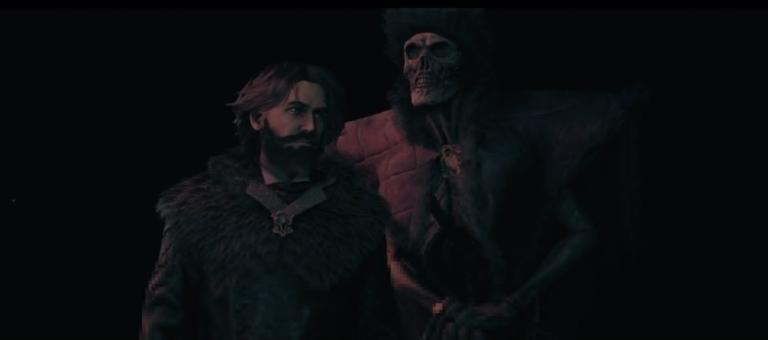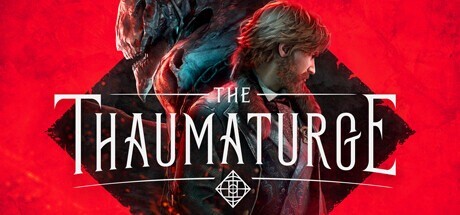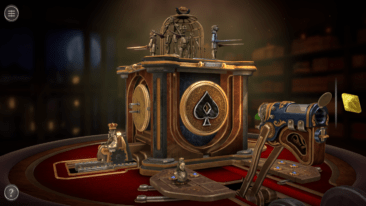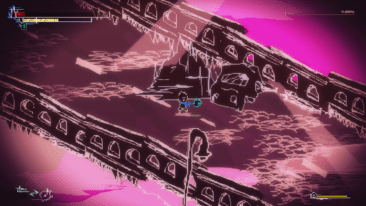The Thaumaturge by Fool’s Theory
The Thaumaturge is an ambitious RPG set in a carefully considered alternate history Poland during the twilight of the Russian empire.
We Are All Russians Now
Intertwining personal stories with the political and the mythological, its vision of Warsaw under Tsarist occupation feels remarkably pointed given current world events. Despite the numerous supernatural elements, it’s the presence of real characters from an exceptionally tumultuous era, especially for Russian and, by extension, all of Eastern European history that makes the largest impact.
Wiktor Szulski, our main character (and the thaumaturge referenced by the game’s title) returns to his home city just in time to see the installation of Georgi Skalon as Warsaw’s Governor General, for example. The historical Skalon was known for a heavy-handed approach to dissent that led to mass civilian casualties.
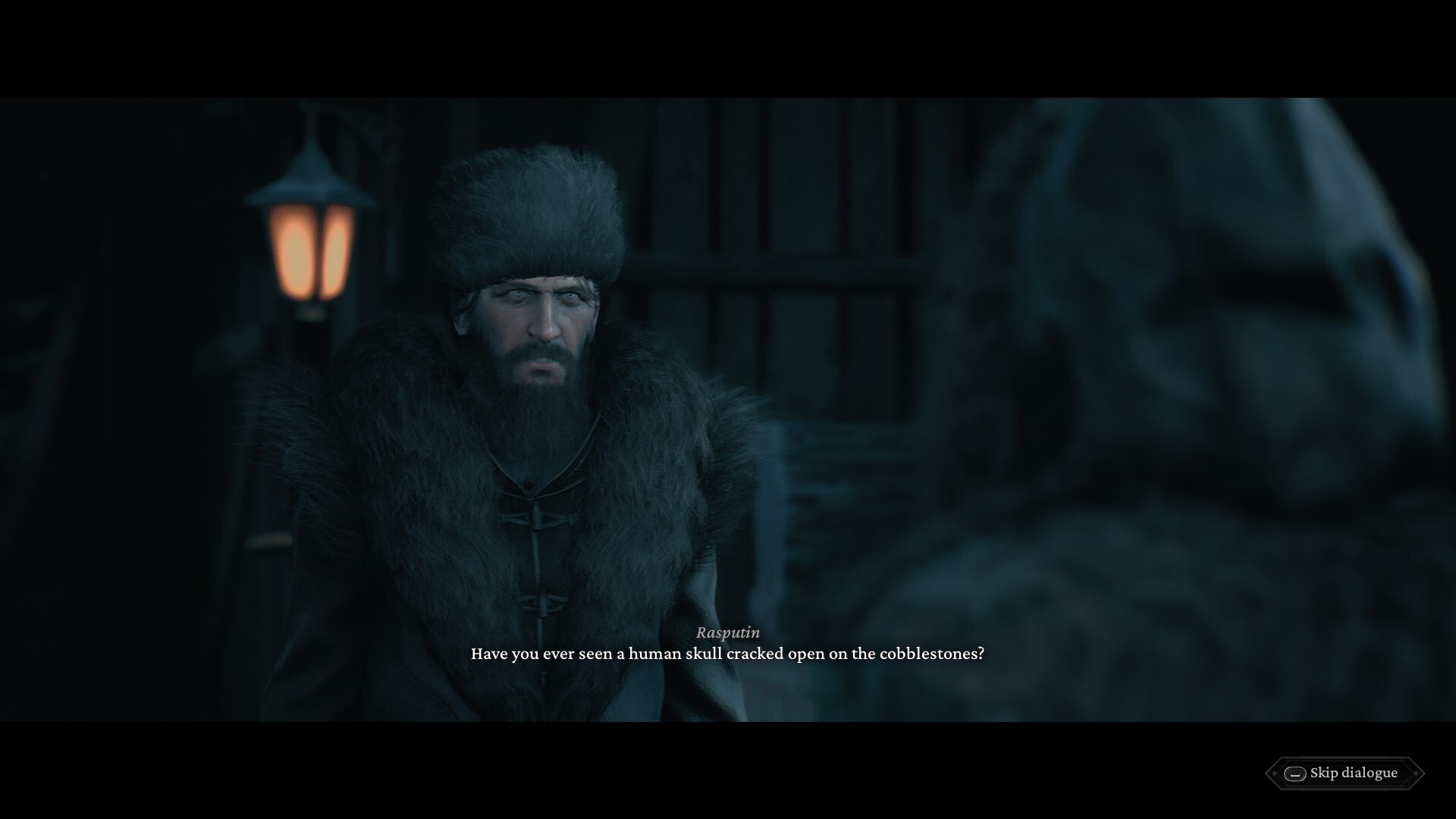
The Spirits of the Times
Further building upon the blurred intersections of that particular Venn diagram is the game’s magical system itself, built around spirits called “Salutors” that draw from Slavic myth, attach themselves like vampires or succubi to humanity’s uglier impulses, and sew discord and violence.
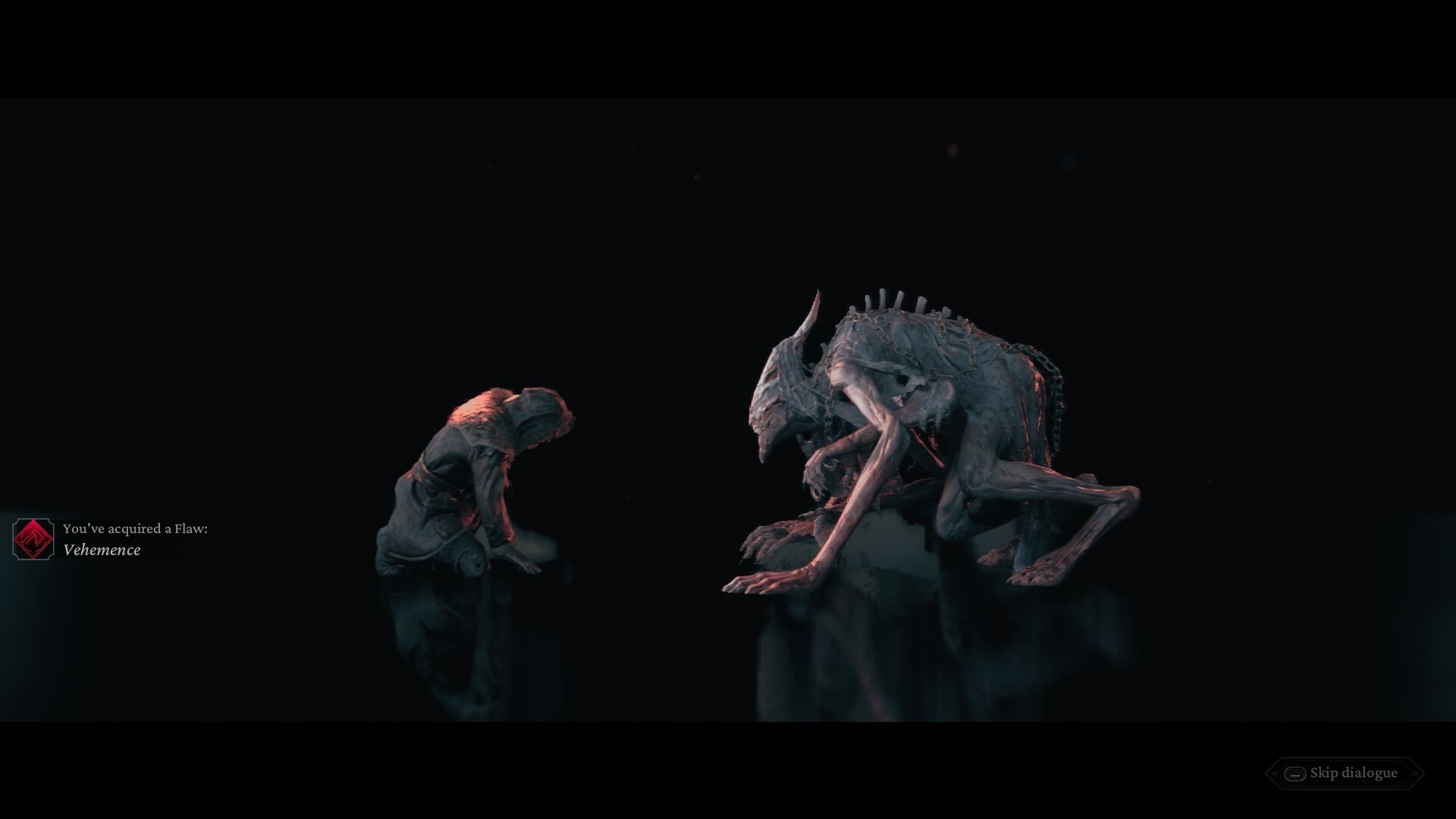
Thaumaturges and Evil Urges
Thaumaturges like our hero Wiktor are magicians that can exorcise and bind Salutors, then draw on their powers, but it comes with a catch: the more one leans into a particular Salutor’s powers, the more the spirit amplifies his own flaws.
Wiktor’s starting Salutor, for example, is connected to Wiktor’s own flaw of pride, which connects to a number of story and dialogue choices. Keep selecting the handily marked “Pride” responses in conversations, and both your powers and your “Flaw” grow, affecting later story and conversation arcs.
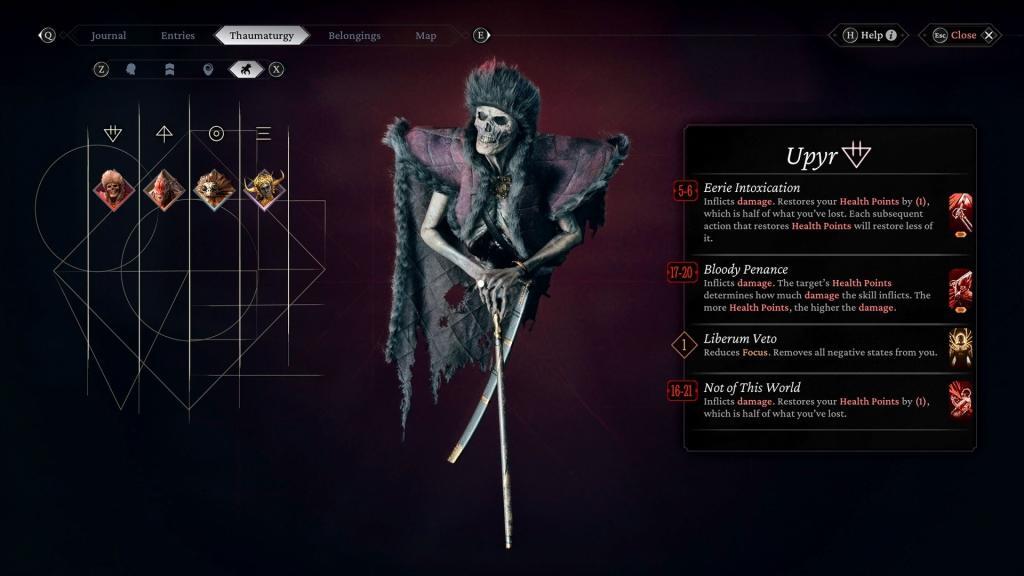
Additional Salutors – you can capture over a half-dozen throughout the game, a bit like Pokémon if From Software did the concept art – come with their own powers and flaws, similarly affecting the story.
Fighting and Focus
While the game’s turn-based combat tends initially – and perhaps a little surprisingly – more to bar fights and tussles with Russian soldiers, the supernatural elements move to the forefront as things progress with the ability to switch Salutors mid-fight to address specific opponents’ weaknesses.
The “Focus” statistic is nearly as important as the standard health bar, and taking out an enemy’s Focus – with your Salutors’ powers, of course – sets you up to strike that all-important death blow.
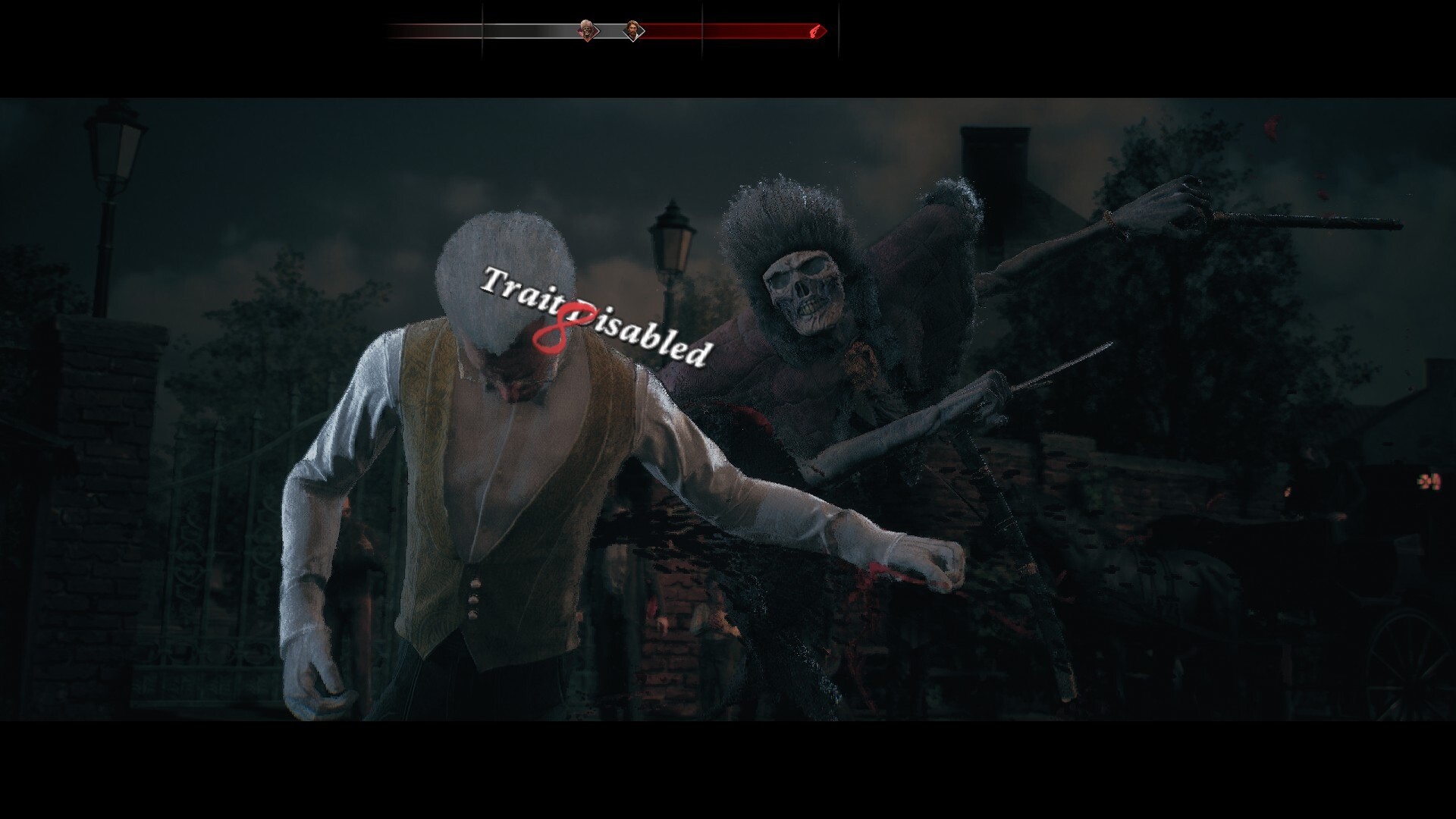
Boss fights against Salutors are a bit more complicated, with the Salutors sending multiple possessed humans after you, but fights are overall challenging enough to be engaging without being overly difficult or complicated.
Mystery over Melee
And combat isn’t even The Thaumaturge’s most appealing mechanic!
That honor goes to the psychic detection and mystery-solving. Wiktor can pick up traces of events just by touching objects, and once you’ve used your psychic senses on enough things to put a story together, you can even use your powers as a sort of hypnotism to influence other people into confessing their crimes or helping you in other ways.
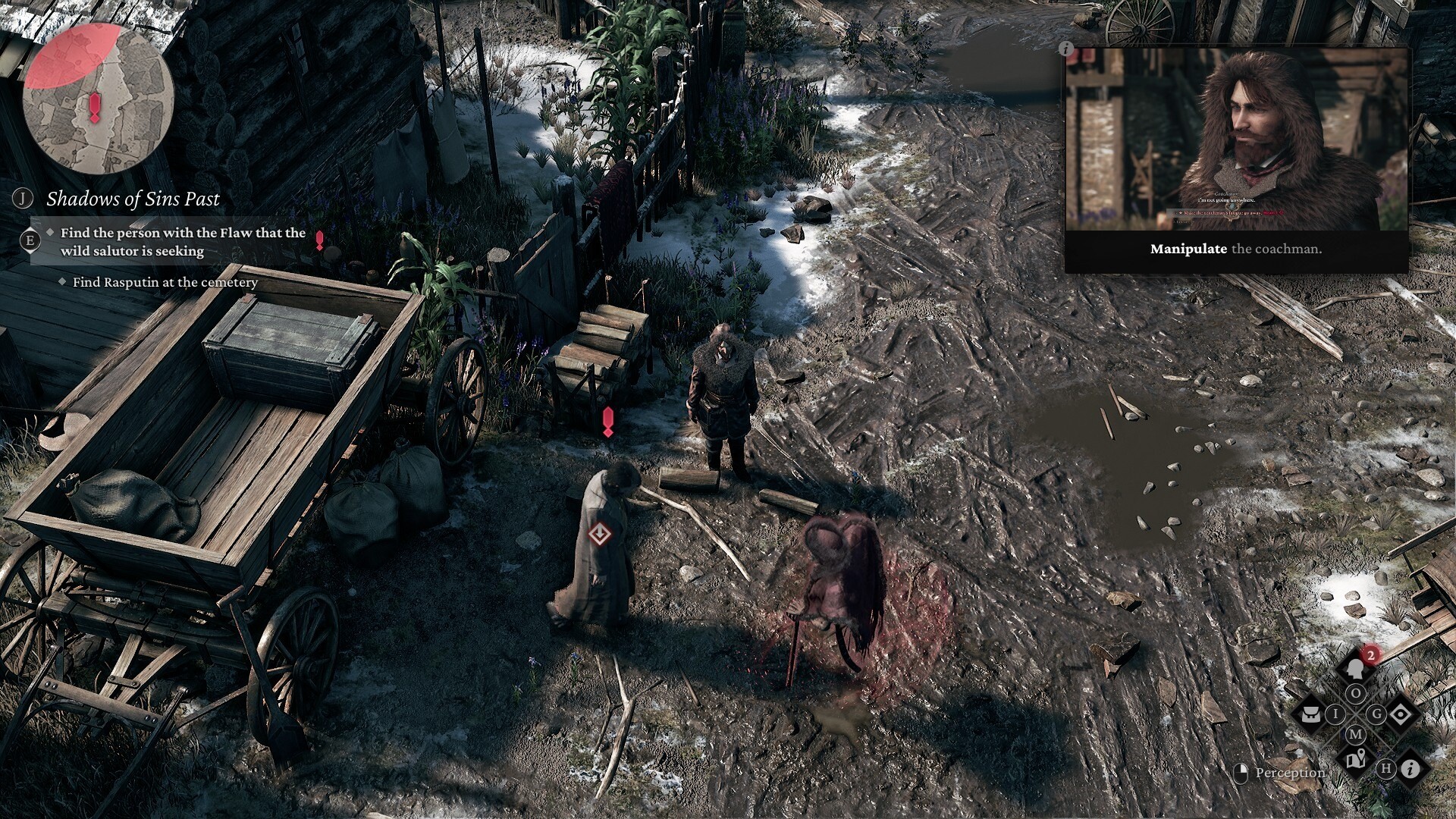
Supernatural Sights and Sounds
The presentation matches the ambition of the setting and story, to positive results…mostly.
The monster design is especially fantastic, mixing the gothic horror of Dark Souls and its many imitators with a touch of Clive Barker creature design. Wiktor’s own psychic powers are depicted as a current of crimson, jewel-toned mist leading toward quest objectives, a masterful visual choice that works perfectly with the game’s mood.
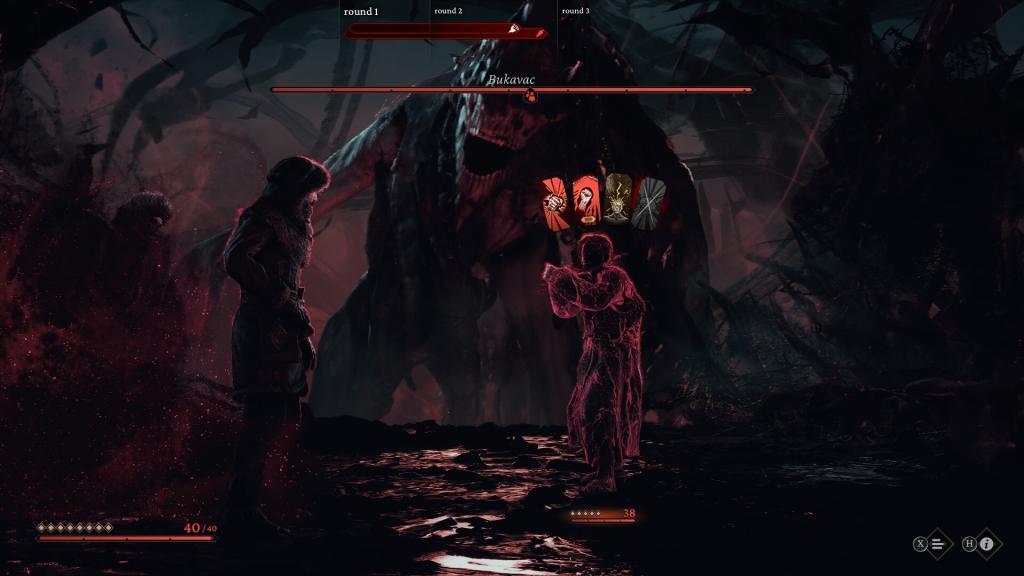
The environments are exquisitely done, from the run-down village of the prologue to the streets of Warsaw to the details of Wiktor’s family estate, all creating a world that feels both alive and historically accurate in all the right places.
A delicate score featuring soft string waltzes and haunting, wordless vocals enhances both the historical setting and the more ghostly elements.
Finding Flaws
On the other hand, the voice acting is a Las Vegas buffet of accents, which can be a distraction; some voice actors are great, like Wiktor’s uncle Voronin, while others are distinctly amateurish. The inconsistency is distracting.
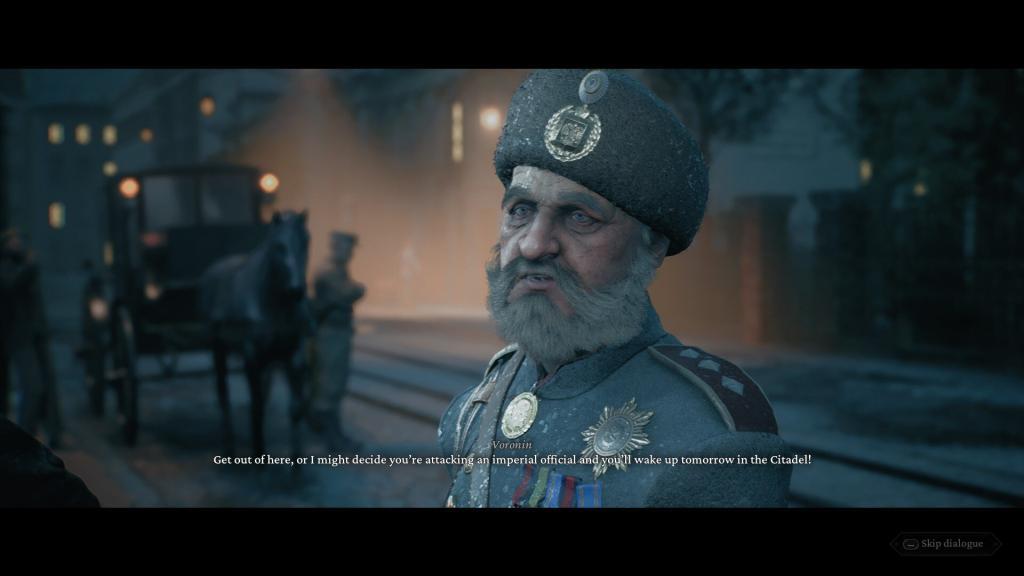
The same goes for the characters themselves; some are stunning, and a lot of work obviously went into the character design, but some NPCs are on the wrong side of the uncanny valley. I also spotted some occasional glitches and weird collisions during cut-scenes.
That, along with a few other minor missteps like a joke character who “made a left turn at Albuquerque,” detract from the immersion, and it’s a bit frustrating because The Thaumaturge would have been equally compelling without extensive 3D animation thanks to its mechanics and story alone.
It would have been just as good with 8-bit graphics and still character portraits for dialogue scenes. The setting, story, and even the mechanics are that good.
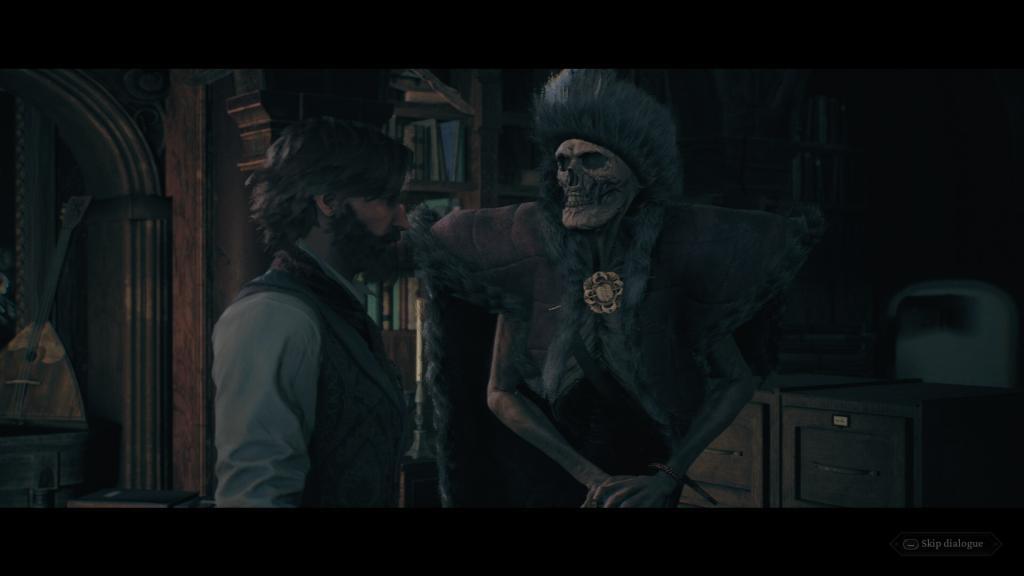
The Verdict
Still, my few complaints are trifling annoyances at worst. This an impressive effort on nearly every level, and I’d much rather play a game like The Thaumaturge that does something interesting and compelling with its setting, its characters, and its story despite a few rough edges than something that takes no risks.
Fool’s Theory, the studio behind this game, is currently at work remaking The Witcher, and based on what I’ve seen them do here, I can’t think of a better development team to take on such a project.
The Thaumaturge is available via the Sony PlayStation Store, Microsoft Xbox Store, and Steam.
Watch the trailer for The Thaumaturge below:

